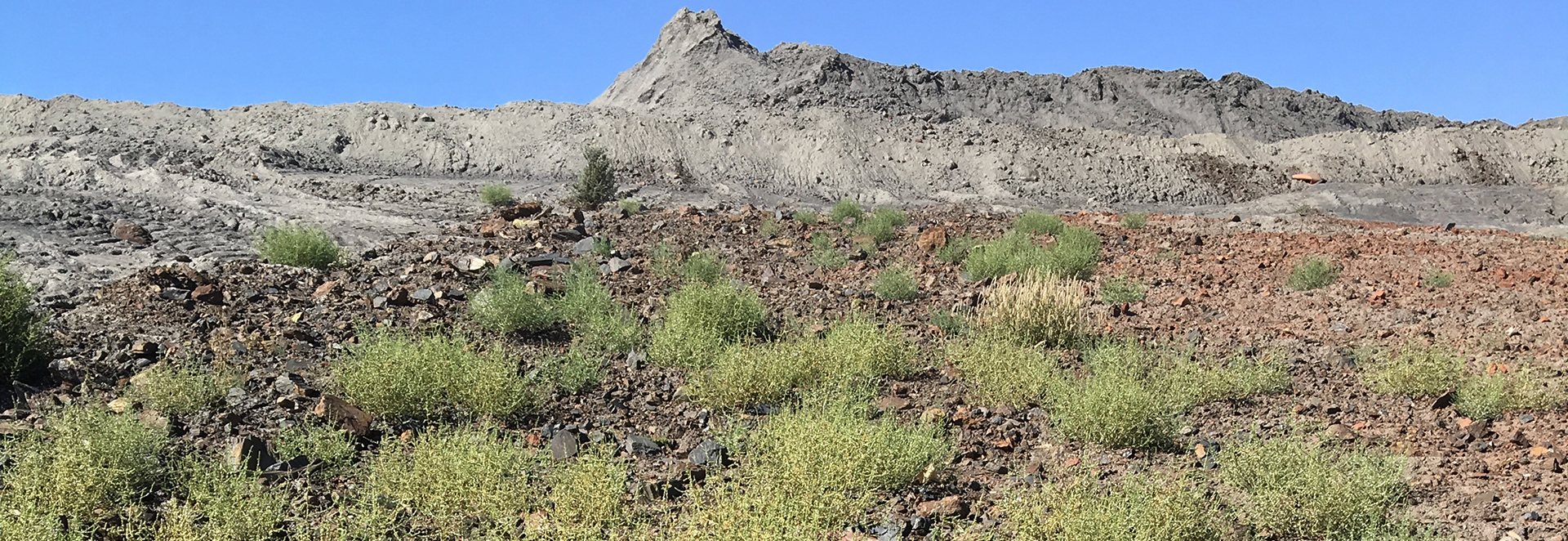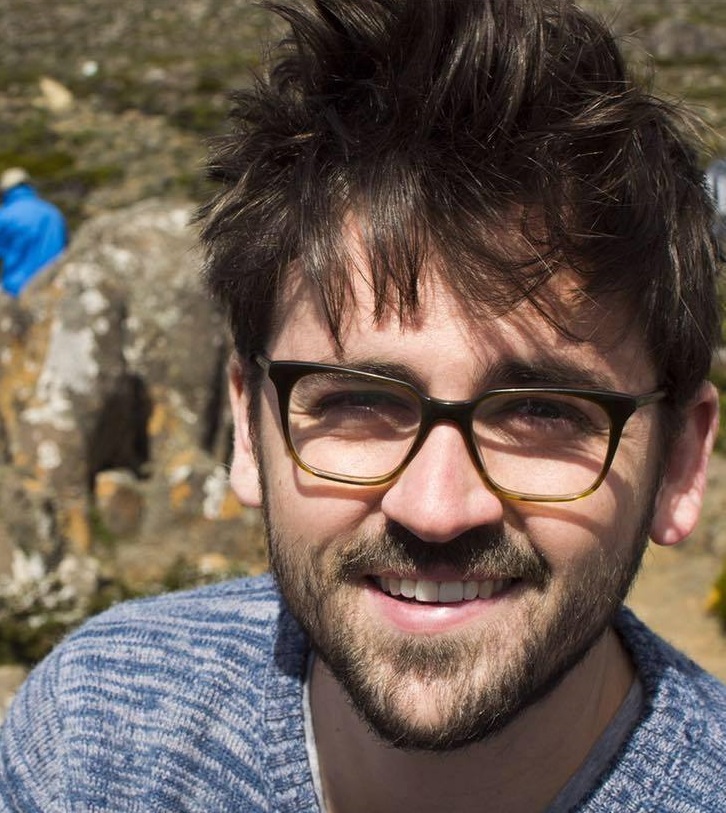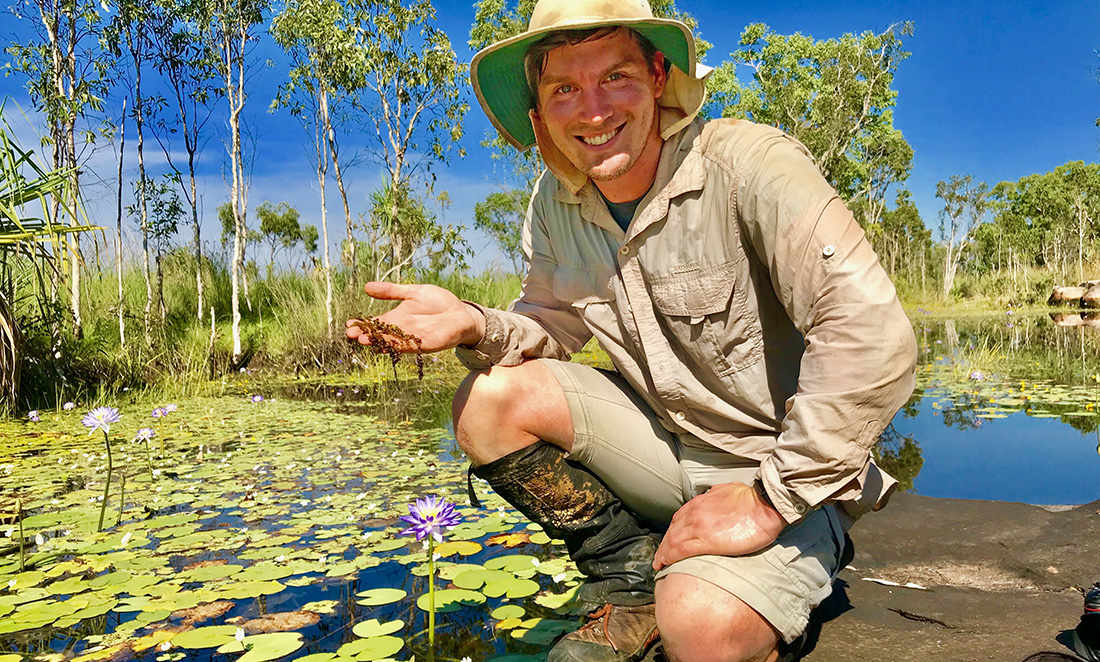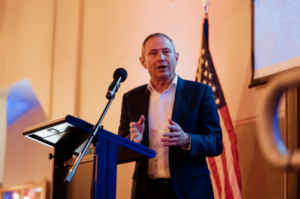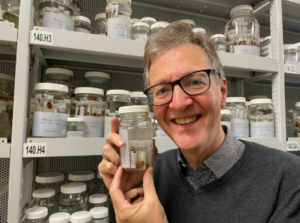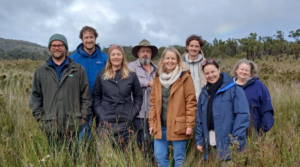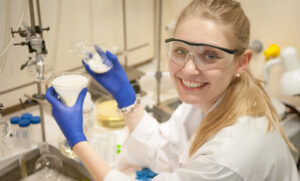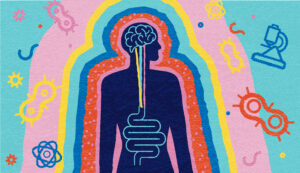Mining has brought incredible economic success to Western Australia through our state’s history.
From the 1890s gold rushes to today’s large-scale operations, digging up minerals has become a part of WA’s identity.
But the work doesn’t stop once you’ve dug up the minerals, according to plant scientist and restoration ecologist Dr Adam Cross.
Adam was awarded the Woodside Early Career Scientist of the Year at the 2019 WA Premier’s Science Awards.
“I knew I wanted to go into plant science since I was 6 years old,” Adam says.
Adam’s interest in plants blossomed into a plant science degree, leading him towards a career in research.
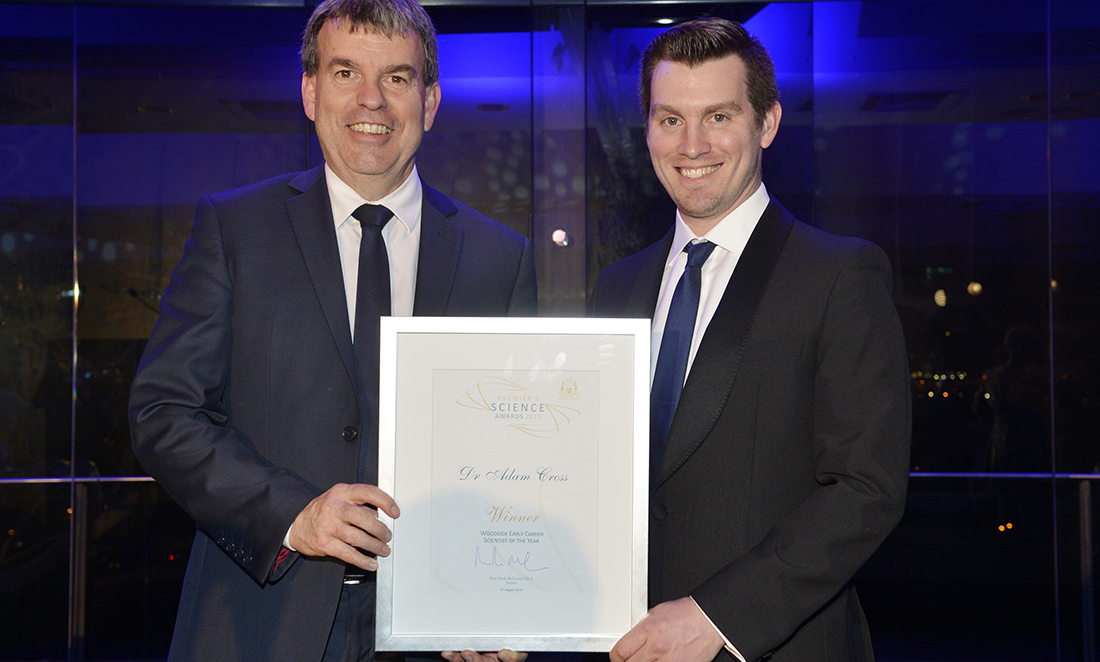
Restoring landscapes
As a Research Fellow at Curtin University, Adam has been working on mine site rehabilitation.
While there is a social responsibility to repair landscapes impacted by mining, Adam argues there is an ecological imperative too.
“If we don’t restore the environment, we are leaving a legacy of harm for ourselves,” Adam says.
Restoration is important in regions like the Kimberley and Central Australia where the ecology can be particularly fragile.
“Arid regions like the Pilbara and Kimberley are among the most sensitive and finely-balanced ecologies on Earth,” Adam says.
“Even tiny changes to the ecology – for example, disturbing the top layer of soil – can have huge impacts on the ecological system at large.”
Part of the concern stems from our incomplete picture of native species.
While built-up areas have a good idea of the native flora and fauna nearby, other areas see new species discovered almost every year.
“The Kimberley is rich in plant and animal diversity. Thousands of new species have been discovered in the last 30 years,” Adam says.
“One in every eight plant collections in the Kimberley during the wet season has brought in new species.”
What lies beneath
Adam knows this better than most.
In May 2019, he accidentally discovered the largest population of Aldrovanda vesiculosa, an underwater carnivorous plant similar to the Venus flytrap.
While the discovery was certainly a shock, the limited existence of the species is characteristic of the environment.
“In the Kimberley, there are species that have some of the smallest ecological footprints in the world,” Adam says.
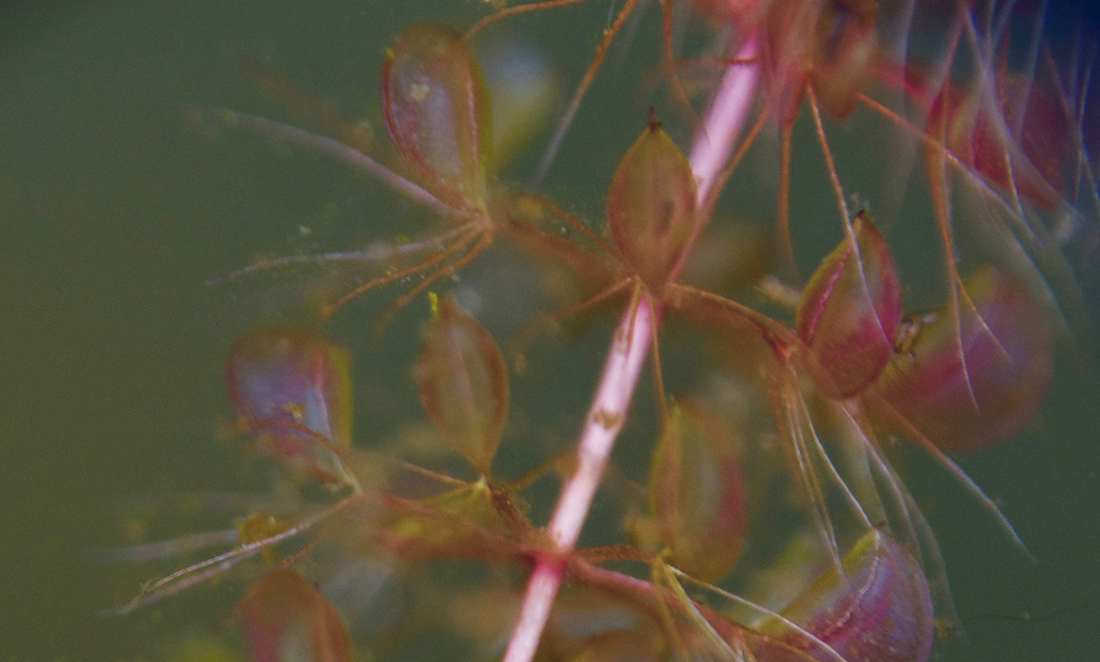
Adam has done work on freshwater rock pools in the Kimberley, which form for just days or weeks at a time after the rain.
“There are entire species of plants and insects that live in these rock pools that aren’t found anywhere else on the planet.”
And while the award has recognised his work so far, Adam says he’s only getting started.
“We want to leave future generations with a landscape that can be lived in sustainably,” Adam says. “We do not want to leave a legacy of harm.”
“A failure to restore landscapes after mining can be catastrophic for the plant and animal life well as the people that live there.”
